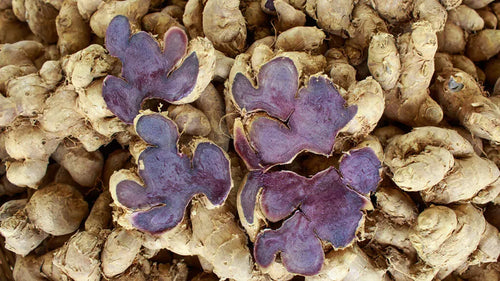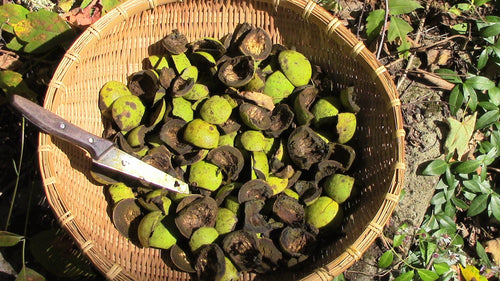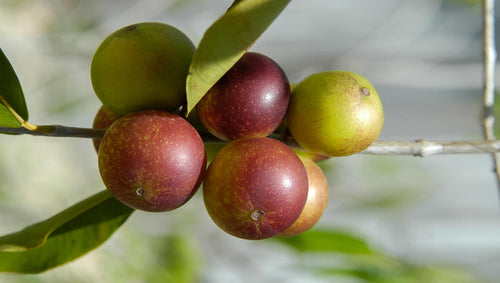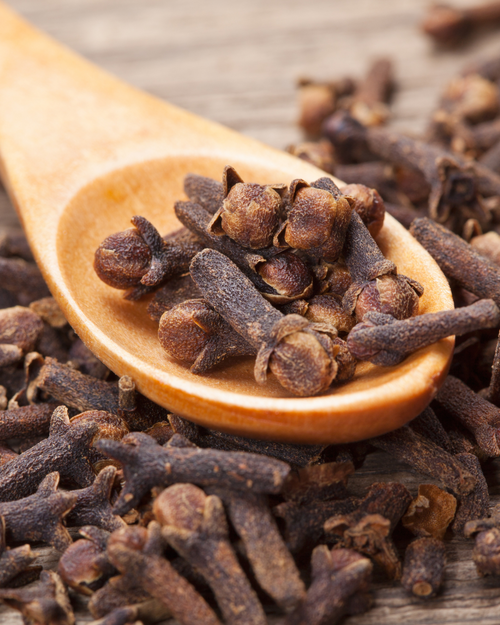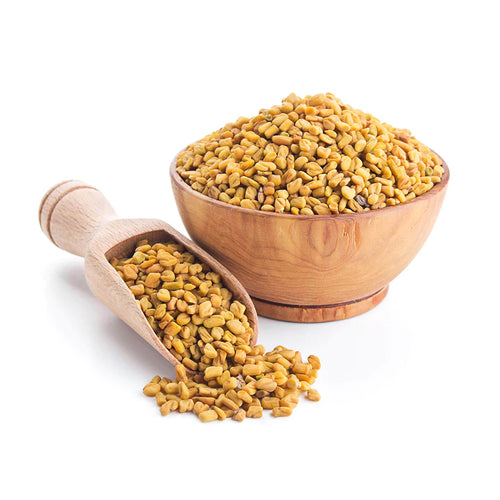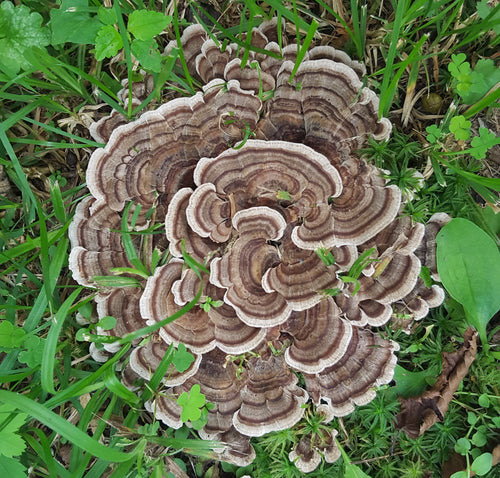Scientific Name: Kaempferia parviflora
Common Name: Black Ginger
Taste and/or Flavor: The root of black ginger has a spicy, earthy flavor.
Origin and Where it Can be Found Growing in the World: Black ginger is a tropical plant native to Thailand, but it can also be found growing in other parts of Southeast Asia.
Parts of the Plant Used: The root of the black ginger plant is used for its medicinal properties.
Traditional Benefits:
Anti-inflammatory: Black ginger has been used in traditional medicine to help reduce inflammation and pain.
Antioxidant: Black ginger contains compounds that have antioxidant properties, which can help protect the body against damage from free radicals.
Aphrodisiac: Black ginger has traditionally been used as an aphrodisiac and to improve sexual performance.
Digestive aid: Black ginger has been used to aid digestion and relieve digestive issues.
Brain health: Some studies suggest that black ginger may have benefits for brain health, such as improving cognitive function and reducing the risk of neurodegenerative diseases.

The Science Behind
Black ginger has a number of potential health benefits, and some of these benefits are supported by scientific research:
Reducing inflammation: Black ginger contains compounds that have anti-inflammatory properties, such as flavonoids and terpenoids. A study published in the Journal of Agricultural and Food Chemistry found that black ginger extract was able to significantly reduce inflammation in human cells.
Supporting brain health: Some studies suggest that black ginger may have neuroprotective properties, which may help improve cognitive function and protect against neurodegenerative diseases. For example, a study published in the Journal of Medicinal Food found that black ginger extract was able to improve memory and cognitive function in mice with induced cognitive impairment.
Improving sexual function: Black ginger has traditionally been used as an aphrodisiac, and some studies suggest that it may have benefits for both male and female sexual function. A study published in the Journal of Sexual Medicine found that black ginger extract was able to improve sexual function in middle-aged male rats.
Aiding digestion: Black ginger has been used to aid digestion and relieve digestive issues, such as bloating and constipation. A study published in the Journal of Medicinal Plants Research found that black ginger extract was able to significantly reduce gastric ulcer formation in rats.
Boosting metabolism and aiding weight loss: Some studies suggest that black ginger may have potential as a metabolism booster and weight loss aid. For example, a study published in the Journal of Nutrition and Metabolism found that black ginger extract was able to significantly reduce body weight, body fat, and waist circumference in obese subjects.
Enhancing exercise performance: Black ginger has been traditionally used to improve athletic performance and endurance, and some studies suggest that it may have benefits for exercise performance. For example, a study published in the Journal of the International Society of Sports Nutrition found that black ginger extract was able to increase muscle strength and reduce muscle damage in healthy young men after eccentric exercise.
Side Effects:
Black ginger may interact with certain medications, particularly blood-thinning medications, and should not be used by individuals with bleeding disorders or prior to surgery. It is also not recommended for use by pregnant or breastfeeding women.






